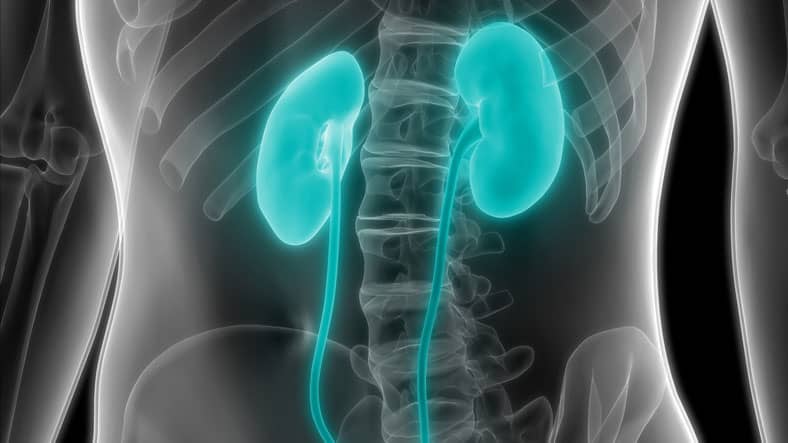Chronic Kidney Disease (CKD) means there is damage to the kidneys that have occurred over time and may lead to gradual loss of kidney function over a period of months to years. When the kidneys are working normally, they remove waste and excess salt and water.
People with CKD have impaired ability to filter the blood and remove fluid adequately, and in time, the kidneys can stop working completely. As waste products and excess fluid accumulate in the body, other organ systems can be affected, which is harmful to overall health.
Symptoms of Chronic Kidney Disease
It is important to know that most people with kidney disease do not have symptoms until the kidney function is very low. Sometimes the blood pressure becomes very hard to control, requiring multiple medications.
An early symptom of impaired renal function may be swelling in the ankles and legs. Even with advanced kidney failure, people can still make urine, but it is no longer properly filtering the waste from the body.
Causes of Chronic Kidney Disease
Common causes of chronic kidney disease include:
- Diabetes
- High blood pressure
- Glomerulonephritis
- Interstitial nephritis
- Recurrent kidney infection
Diagnosis of Chronic Kidney Disease
The best way to know how your kidneys are working is a simple blood test that your doctor can order to measure. This is called the Creatinine level. This level can be used to calculate your estimated GFR, which is a measure of how well your kidneys are filtering your blood. Your doctor will also want to order a urine test and in some cases, a kidney ultrasound.
Treatment of Chronic Kidney Disease
To protect your kidneys, your nephrologist can help you identify the primary issues affecting your kidneys and discuss with you things that retain kidney function as long as possible. Some causes of kidney damage are preventable, such as inadequate fluid intake or nonsteroidal anti-inflammatory drugs, such as ibuprofen or naproxen.
Other causes may be impactable even if not entirely preventable, such as diabetes and high blood pressure, which are the two most common causes of kidney disease. Other diseases can affect the kidneys as well and so getting an early start to finding ways to prevent the progression in CKD, either lifestyle modifications or the use of medications, is important to your overall kidney health.
To help keep your kidneys healthy, you should have your blood pressure checked routinely, and if elevated, it is recommended you make the recommended lifestyle modifications and take medications as prescribed if needed.
If you have diabetes, you should be aware of your ideal treatment goals and aim to keep your blood sugar within the ideal range. You should avoid medications known as nonsteroidal anti-inflammatory drugs, as mentioned above. You should also check with your doctor before taking any new medications, including herbal supplements, to ensure they will not harm your kidneys.
The best way to slow the progression of CKD is to have an early diagnosis and take control of those factors that may lead to more damage.


